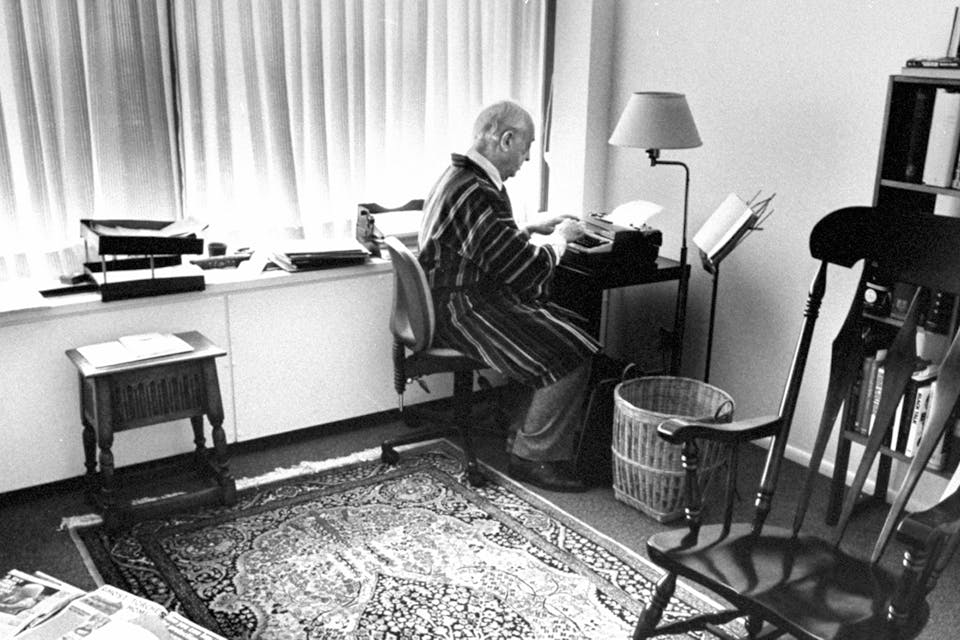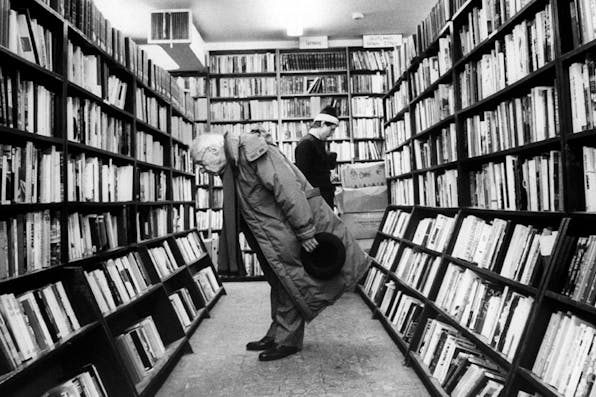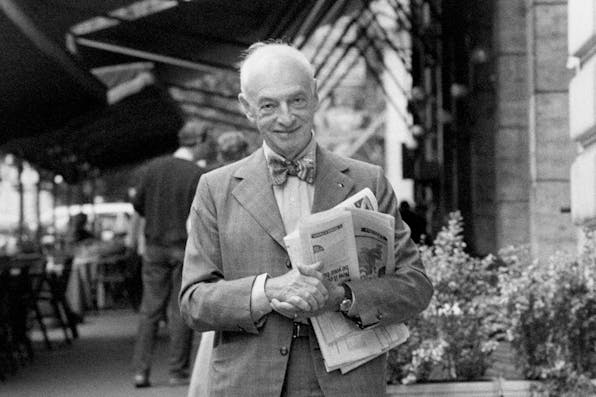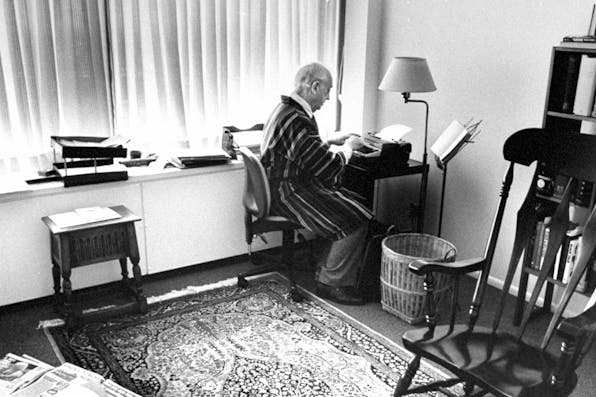
October 28, 2019
Bellow Was So Jewish He Could Travel Any Distance Without Risking That Allegiance
His reputation will fall and rise with his people's.
It was well worth my tracing of Saul Bellow’s entry into Anglo-American literature if only to elicit responses from Hillel Halkin and Adam Kirsch—keenest of readers, most learned of authors, and finest of critics.
Writing independently from Israel and New York, both respondents demur from my emphasis on Bellow’s Jewishness, associating him more with Matthew Arnold’s worldliness than with the directives of Moses at Sinai. Halkin finds him wonderfully suspended between Hebraism and Hellenism, “following the whole play of the universal order.” Kirsch thinks that until late in his life, Bellow’s Jewishness was “an empty signifier, available to be filled with emotions and ideas born of family memories, a loose understanding of Jewish history, and encounters with anti-Semitism.”
In the priorities of everyday life—that is, living as a Jew—I have been much closer to both Halkin and Kirsch than I once was to Bellow. In fact, I saw the great Nobelist as they do. But I was mistaken. As a novelist and an intellectual, Bellow was so inherently, intimately, and thoroughly Jewish that he could travel any distance and test any subject without diminishing that allegiance or putting it at risk.


